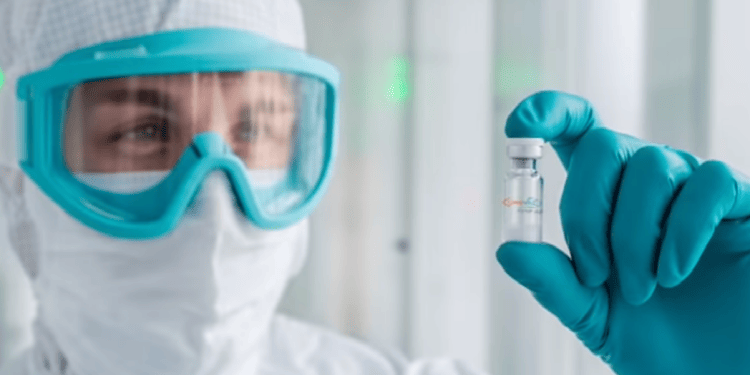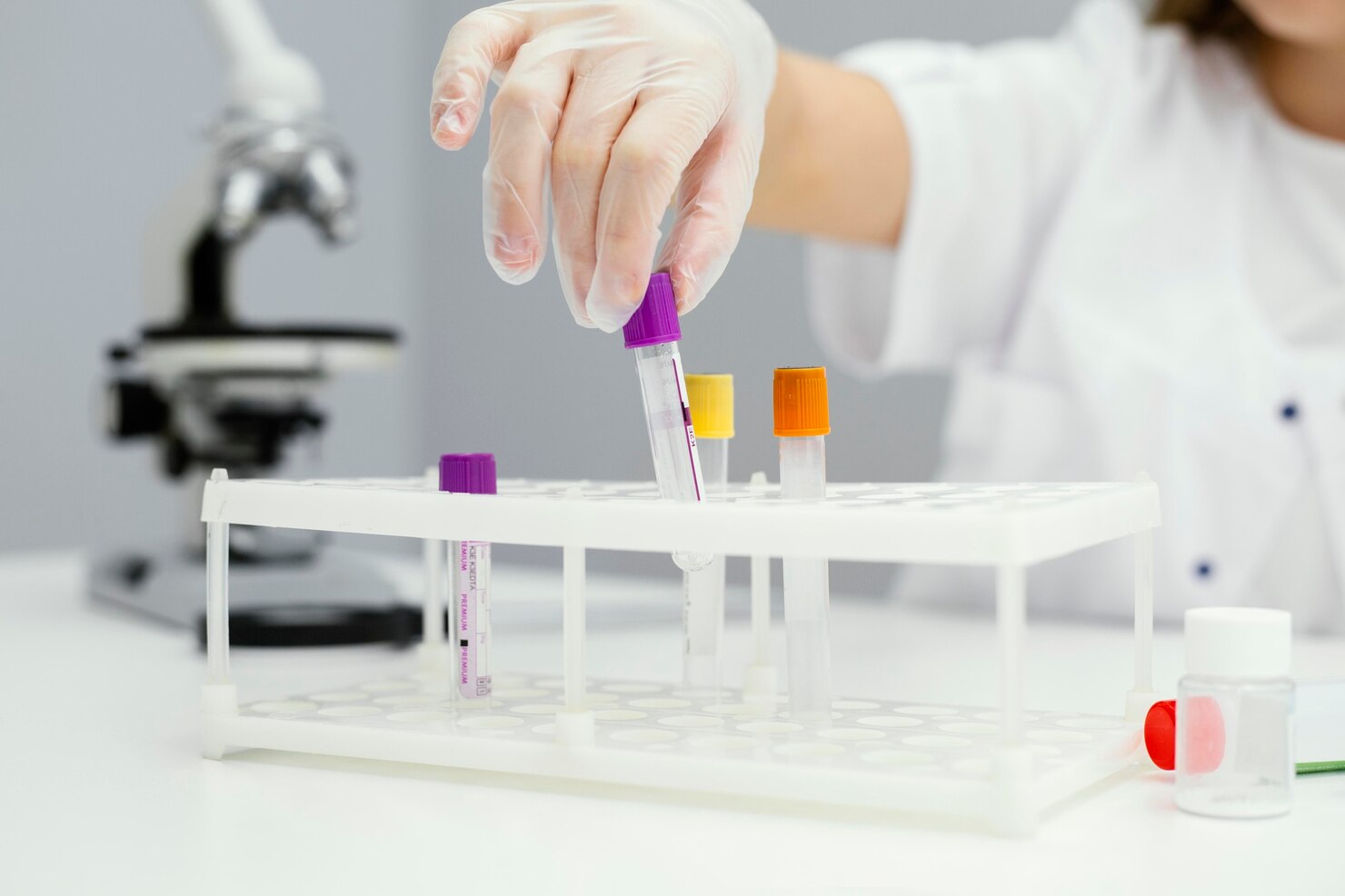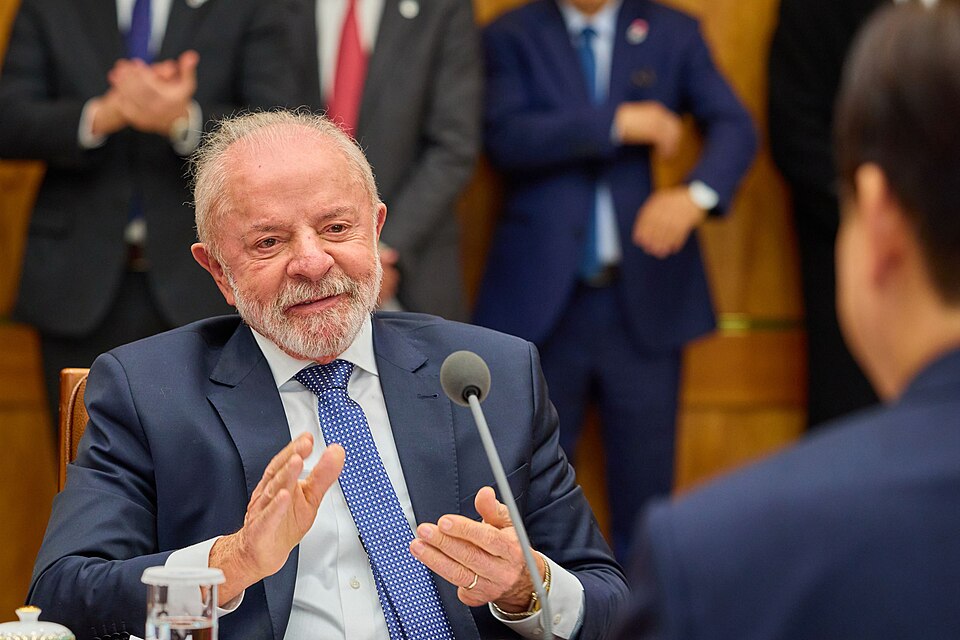Whatever you want to call it, the novel coronavirus pandemic is a Universal Health Crisis everywhere. In response, a global initiative was launched on April 24, 2020, by the World Health Organization to help mobilize the resources needed to protect the world from COVID-19, namely the “Access to COVID-19 (ACT) Accelerator”.
ACT Accelerator brought together an initial set of the major global health actors, agreeing to join forces and act in concert, to do the following:
“Our mission is not only accelerated development and availability of COVID-19 tools – it is to accelerate equitable global access to safe, quality, effective, and affordable COVID-19 diagnostics, therapeutics, and vaccines, and thus ensure that in the fight against COVID-19, no one is left behind.” (highlights added)
Following this initial step, additional interested organizations, international, public, private, have engaged, and the momentum has been growing.
On May 4, 2020, the European Commission organized a successful international donors conference at which more than 40 countries participated, raising €7.4 billion (nearly $8 billion), just short of the initial target of €7.5 billion.
Following the May 4 event, the organizer’s aim is to have a final global pledging conference on June 27, 2020, which would include “Global Citizen” a highly effective public advocacy organization. On May 28, Global Citizen launched its own Global Goal: Unite for Our Future campaign to “ensure COVID-19 treatment for everyone, everywhere”.
Many countries from Europe, the Middle East, Central, and North America and the Pacific confirmed their intention to join the final Global Pledging Summit.
Without question, the aims and commitments of the ACT Accelerator are highly laudable and given the broad support from multiple quarters (albeit not all), there is reason to be hopeful that much can be achieved.
But like Shakespearean plays, the script for diagnostics, therapies, and vaccines, has many complex actors, sub-plots, and often five acts. So, there is much drama to be expected, and with one such storyline coming well after the first act of aspirational commitment and initial funding. It is the fact that one of ACT Accelerator’s commitments is the following:
“4. We commit to build on past experiences towards achieving this objective, including ensuring that every activity we undertake is executed through the lens of equitable global access, and that the voices of the communities most affected are heard.”
The highlighted language is underscored because this is not the first time there have been efforts to manage the global pharmaceutical and medical supply world to achieve access to life-saving vaccines, equipment, and treatments for low- and middle-income countries (LMICs).
In the case of a major childhood devastating disease, an Advance Market Commitment for targeted pneumococcal vaccines has provided significant funding for legally binding commitments by vaccine manufacturers who compete to supply at a capped price per dose, a share of the annual forecasted demand. By 2018, about half of all children in 73 countries had received the vaccine.
And then there are also positive examples of ‘tiered’ pricing by some pharmaceutical and even medical device manufacturers to benefit LMICs, some of which made a real difference, some of which continue to raise concerns.
The HIV/AIDS story is, however, a different one, and important to consider in depth.
Without a doubt, the HIV/AIDS crisis brought global attention to a pandemic and the need to make treatment available on a worldwide basis. It led to the 1994 Doha Declaration and Its Agreement on Trade-Related Aspects of Intellectual Property Rights (TRIPS).
TRIPS is an international legal agreement between all the member nations of the World Trade Organization (WTO) that in part allows compulsory licenses to be granted to address a national emergency or other circumstances of extreme urgency, waiving the need to have had prior negotiations to obtain a voluntary license from the patent holder.
However, abuses became widespread so that TRIPS had less meaning and countries like India, Pakistan, Thailand, Brazil, Nigeria, South Africa, and Indonesia went ahead and implemented “compulsory licensing” (by reverse-engineering, where possible, the molecular structure of the patented pharmaceuticals, vaccines, contraceptives, diagnostics or even medical devices) and then produced products anyway as generics and traded them globally, circumventing European Union and United States supply routes.
Thus TRIPs proved to be a trade agreement failure in most regards, but it did provide an imperfect framework and recognition that a set of principles were needed to guide the global community in responding to a global health challenge.
As succinctly stated by the Global Health Watch, a major civil society watchdog founded in 2003 and whose alternative world health reports have become a reference:
“TRIPS has failed to encourage and reward the kind of innovation that makes more effective pharmaceutical products available to the poor, including for neglected diseases. Countries must therefore develop, agree, and invest in new systems that genuinely serve this purpose. Clearly, there is an urgent need to think beyond a framework that is bound by the TRIPS agreement.”
Looking forward, if they have not already, the ACT Accelerator principals need to think about what will happen when there are successful innovations. They need to consider what creative options they can come up with to retain the innovation and productivity largely driven by the private sector.
There might be a complementary course of action for the ACT Accelerator to set the stage for sustainable pharmaceutical innovation and distribution. And that would be to undertake in parallel with scientific research, an in-depth conference or a series of expert meetings leading up to a conference, looking to formulate satisfactory trade-related solutions to avoid past mistakes.
Alternatively, this might be a topic better dealt with in the World Economic Forum which has expanded its definition of what are priority issues for the global economy. Notably, WEF has launched an Action Platform to bring together the global business community in the COVID-19 response and that might prove to be the most politically effective forum to obtain results.
The World Health Organization warned yesterday that the coronavirus pandemic was not over as new cases hit a record high on Sunday. Tedros Adhanom Ghebreyesus, WHO director-general, told the press “WHO fully supports equality and the global movement against racism. We reject discrimination of all kinds. We encourage all those protesting around the world to do so safely.” He concluded that “more than six months into this pandemic, this is not the time for any country to take its foot off the pedal.” It’s time for countries to continue “to work hard on the basis of science, solutions and solidarity.”
And that is precisely what ACT Accelerator is designed to do.
Editor’s Note: The opinions expressed here by Impakter.com contributors are their own, not those of Impakter.com
In the featured image: Racing for a cure: Where are we with COVID-19 vaccines and treatments? (updated 09/04/2020) Video screenshot Source: Euronews








